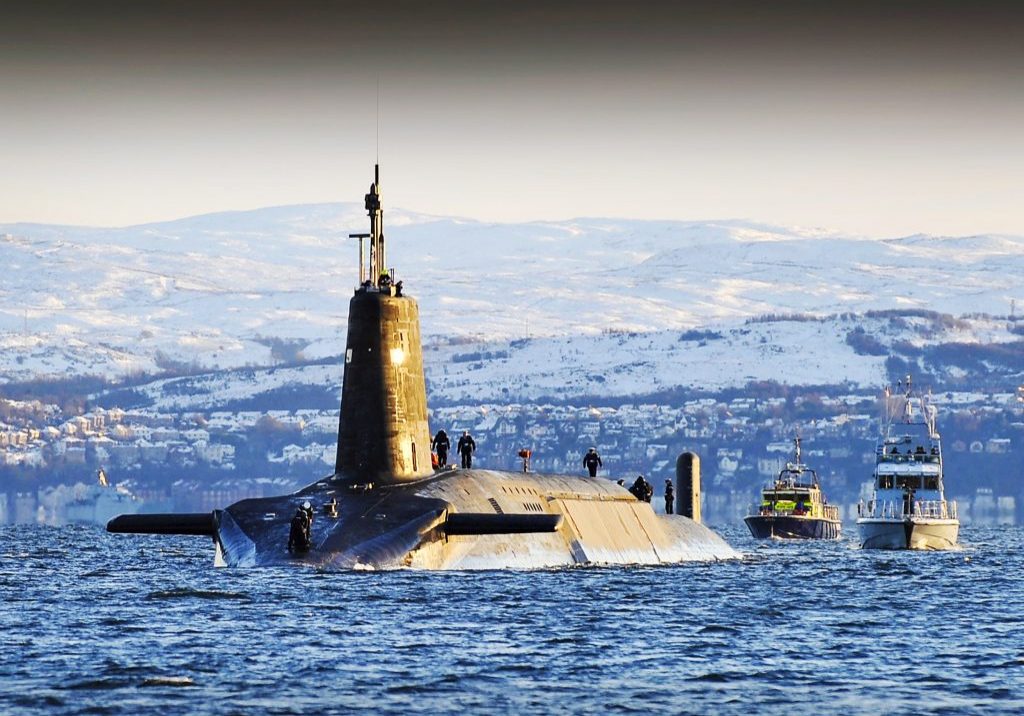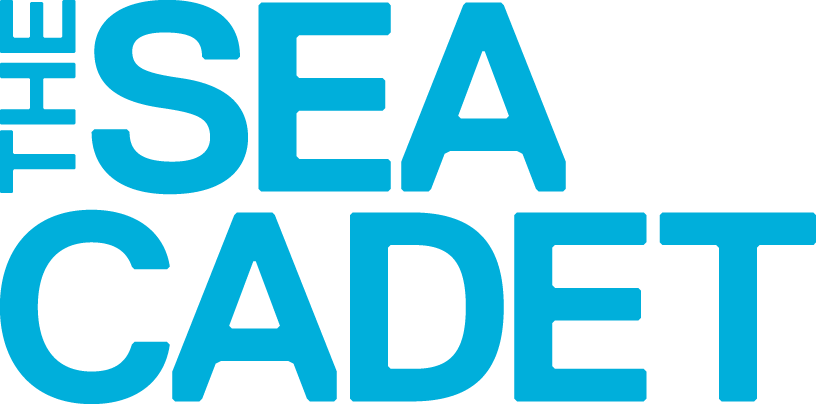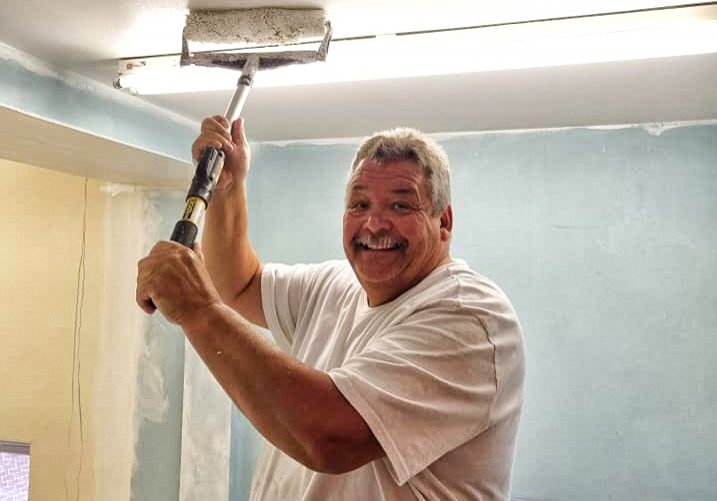Course spotlight: Aviation
The Cadet Naval Aviation Team has the unique task of delivering courses to train the next generation of naval aviators

How does Sea Cadets offer courses in aviation?
There is a growing interest in civil and military careers and flight operations across the cadet forces. With over 25,000 combined hours of flight experience, operating across a number of civil and military aircraft, the team uses their vast experience to deliver some fantastic courses for aspiring pilots, giving cadets the chance to learn about many aspects of naval aviation.

With the assistance of 727 Naval Air Squadron and members of HMS Pegasus RNR at Royal Naval Air Station (RNAS) Yeovilton, the team of instructors from the Sea Cadet Corps (SCC), Combined Cadet Forces (CCF) and Volunteer Cadet Corps (VCC) are headed up by S/Lt (SCC) Steve Cook RNR, the National Staff Officer for Cadet Aviation.

What courses are available?
Cadet Naval Air Proficiency (CNAP) Award

For cadets wishing to gain an introduction to Naval Aviation, our Cadet Naval Air Proficiency (CNAP) Award is delivered across the country by qualified volunteers, both virtually and in person, at either district, area or national levels. As a great introduction to the role of the Fleet Air Arm, cadets learn about the basic principles of flight, radio procedures and flight deck operations, as well as exploring some of the careers available in the aviation industry.
The team is looking to expand the qualification further in the future, and is currently developing an intermediate course programme, which we hope will be available in the coming year.

The Cadet Naval Wings Programme (CNAC)
Sponsored by the Royal Navy, the Cadet Naval Wings Programme (CNAC) is open to cadets aged 15 and above. Selection takes place annually, following an application process each November. Successful applicants are invited to attend a Ground School course in February the following year to achieve
their Bronze Wings and can then progress to gain their Silver and Gold Wings.
Naval Aviation Ground School – Bronze Wings

From day one cadets are immersed in the world of naval aviation, learning about basic flight principles, navigation, operations and roles within the Fleet Air Arm. Modules include basic instrumentation and control, aviation law, air engineering and technology, meteorology and
radio communications.
The Fleet Air Arm Experience – Silver Wings

Cadets are introduced to flying procedures at an airfield, gaining experience in aircraft handling and procedures on the ground and in the air. Cadets have a chance to apply their knowledge of basic flight controls through simulation and practical flight under the careful supervision of Royal Navy instructors.
They also learn about key departments and squadrons, and get hands-on with their aircraft.
Aviation Skills Development – Gold Wings

Cadets who advance to the gold programme develop their practical experience through simulation or practical flight, under the direction of the team. Cadets take ownership of their development, having time to advance their skills in straight and level flight, turning, climbing and descending, as well as completing practical navigation exercises from the cockpit.

Learning to fly

Many cadets who take on the Naval Wings Programme go on to serve in the Fleet Air Arm and keep in touch with the team, as role models who have achieved their goal of working in naval aviation. Meet Leading Airman (Aircraft Handler) Sophie Levy RN…
“I joined Sea Cadets at the age of 12. After a successful application, I was invited to attend the Sea Cadets Naval Wings Programme aged 15, where I completed the Bronze, Silver and Gold courses. I was then enrolled onto a Fleet Air Arm Officers Association Scholarship, before becoming a Sea Cadets volunteer at 18. I joined the Royal Navy as an Aircraft Handler in September 2018 and am currently based at RNAS Yeovilton, supporting the Wildcat Maritime Force in Operational Support. I very much enjoy my role within the Royal Navy and know my time in Sea Cadets aviation was definitely beneficial, particularly my visits to RNAS Yeovilton as this assisted me in deciding to join the armed forces.”
Photos: Sea Cadets
More Advice

Careers: How to become a submariner
Ever wondered what it’s like to work underwater? Mechanical engineer Lt. Isobel Rawlinson talks about her role, and rowing across the Atlantic


